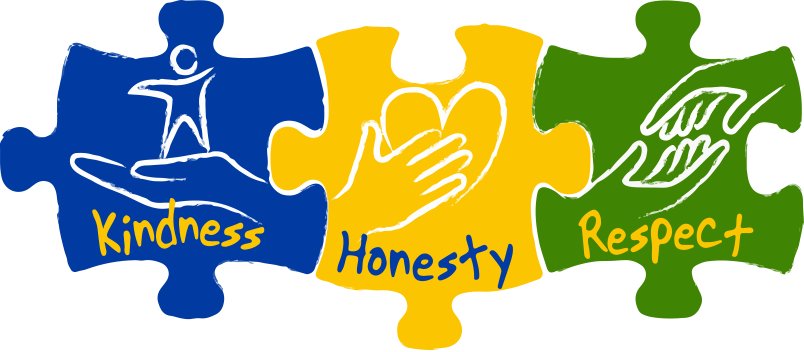Maths
Maths involves, most importantly, developing confidence and competence with numbers and arithmetic. It also covers understanding of shape and geometry, measures and data handling.
It requires an understanding of the number system, a repertoire of computational skills and an inclination and ability to solve number problems in a variety of contexts. The ability to recognise patterns and the ability to apply their skills in different contexts are important to develop. Knowledge of shapes and angles is developed throughout school and is applied to real life contexts. Understanding how we measure time, length, volume and mass is obviously a fundamental aim of primary maths. This subject also demands practical understanding of the ways in which information is gathered through counting and measuring and how it can be presented in graphs, diagrams, charts and tables.
Each child has a daily mathematics lesson. Mental maths, including basic additions and times tables are also practised regularly.
We aim to foster a love of mathematics and encourage the children to use their skills through games and practical applications as much as possible.
Teachers assess children’s mathematical progress on a daily basis through marking, discussion and observation. Regular quizzes and tests are set to ensure children retain the ability to use what they have learned independently. More formal assessments are undertaken three times each year. Progress of all pupils is reported to parents and carers during parent consultations or through the annual pupil report.
